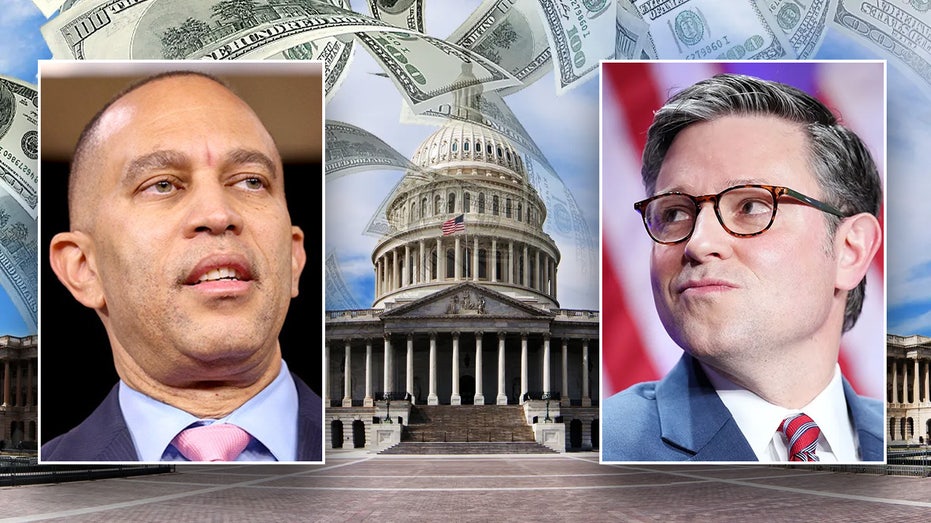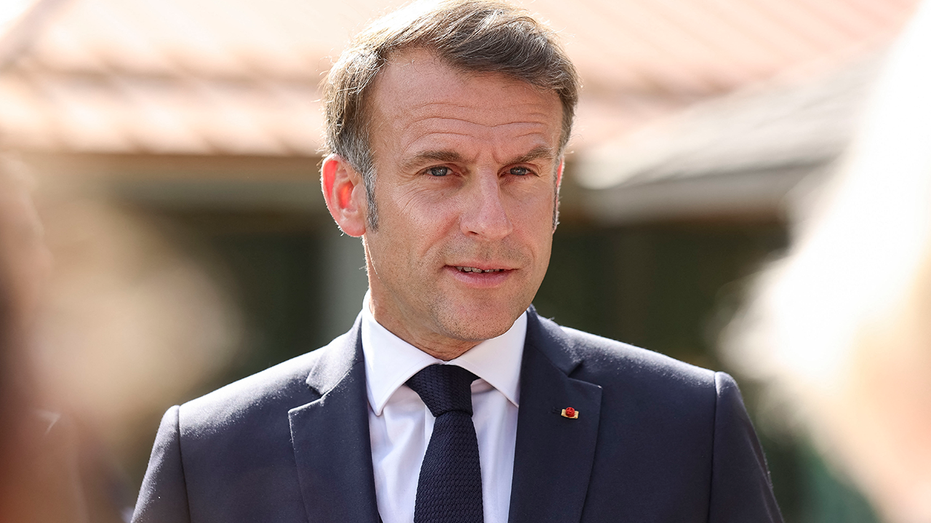Democrats Leverage Medicaid Concerns to Challenge Trump-Backed Funding Bill

Sarah Johnson
March 10, 2025
Brief
Democrats oppose a Republican-backed funding bill to prevent a government shutdown, citing threats to Medicare, Medicaid, and veterans’ benefits, while GOP denies cuts and touts spending restraints.
Democrats are accusing Republicans of threatening federal health care programs with their proposed funding plan aimed at averting a partial government shutdown. The legislation, known as a continuing resolution (CR), seeks to extend current federal funding levels and is slated for a House-wide vote on Tuesday. If it fails to pass the Senate and secure President Donald Trump's signature by Friday, March 14, federal programs could grind to a halt, leaving tens of thousands of employees furloughed.
President Trump has rallied Republican lawmakers to support the bill, but Democrats are mounting a fierce opposition campaign. This marks a notable break from the usual bipartisan cooperation to avoid government shutdowns. Democratic leaders have particularly accused Republicans of targeting Medicare and Medicaid funding—an allegation the GOP has denied.
In a joint statement released Saturday night, House Democratic leaders declared their opposition, saying, "The partisan House Republican funding bill recklessly cuts healthcare, nutritional assistance, and $23 billion in veterans benefits. Equally troublesome, the legislation does nothing to protect Social Security, Medicare, and Medicaid, while exposing the American people to further pain throughout this fiscal year. We are voting No."
House Minority Leader Hakeem Jeffries, D-N.Y., Minority Whip Katherine Clark, D-Mass., and Democratic Caucus Chair Pete Aguilar, D-Calif., also sent a scathing letter to lawmakers on Friday, criticizing the CR even before its text was released. They claimed, "House Democrats would enthusiastically support a bill that protects Social Security, Medicare, veterans' health, and Medicaid, but Republicans have chosen to put them on the chopping block to pay for billionaire tax cuts." They added, "Medicaid is our red line."
Meanwhile, a senior House GOP aide accused Democrats of misleading the public. "Their pre-baked statements are disingenuous," the aide told Fox News Digital, noting that Democrats opposed the bill before its details were made public.
President Trump has repeatedly stated that he does not want Congress to cut Medicaid, though he has left room for addressing "waste, fraud, and abuse"—a refrain echoed by many Republican lawmakers. It’s worth noting that the CR primarily deals with discretionary spending and does not directly alter mandatory expenditures like Medicare, Medicaid, or Social Security. However, the legislation has drawn criticism for not addressing anticipated payment cuts to doctors treating Medicare patients, a concern highlighted by groups like the American Medical Association (AMA).
AMA Chair Bruce A. Scott stated on the organization’s website, "Physicians across the country are outraged that Congress’s proposed spending package locks in a devastating fifth consecutive year of Medicare cuts, threatening access to care for 66 million Medicare patients."
Despite the political standstill, some Democrats in competitive districts may still vote for the bill to avoid being blamed for a government shutdown. However, Republicans will largely need to carry the weight in advancing the legislation. A procedural House vote is expected Monday evening, with a final vote anticipated Tuesday afternoon.
The 99-page bill, unveiled over the weekend, keeps government spending flat at fiscal year (FY) 2024 levels until FY 2026 begins on October 1. It includes an additional $8 billion in defense spending to appease national security advocates, while cutting $13 billion in non-defense discretionary spending. The bill also allocates additional resources for Immigration and Customs Enforcement operations and eliminates funding for certain "side deals" and earmarks.
Republicans are touting the CR as a win, emphasizing the absence of significant government spending increases for FY 2025. Whether it’s enough to navigate the political minefield, however, remains to be seen.
Topics
Editor's Comments
The Democrats' strategy to frame the CR as an assault on healthcare programs is sharp, but it’s also a gamble. While their messaging about Medicaid as a 'red line' resonates emotionally, the technicalities of the CR largely sidestep mandatory spending programs like Medicaid and Medicare. The real drama here is how both parties are playing a high-stakes blame game ahead of a potential shutdown. Also, can we talk about the irony of Democrats opposing a funding bill to avoid a shutdown—something they historically championed? Politics, am I right?
Like this article? Share it with your friends!
If you find this article interesting, feel free to share it with your friends!
Thank you for your support! Sharing is the greatest encouragement for us.



